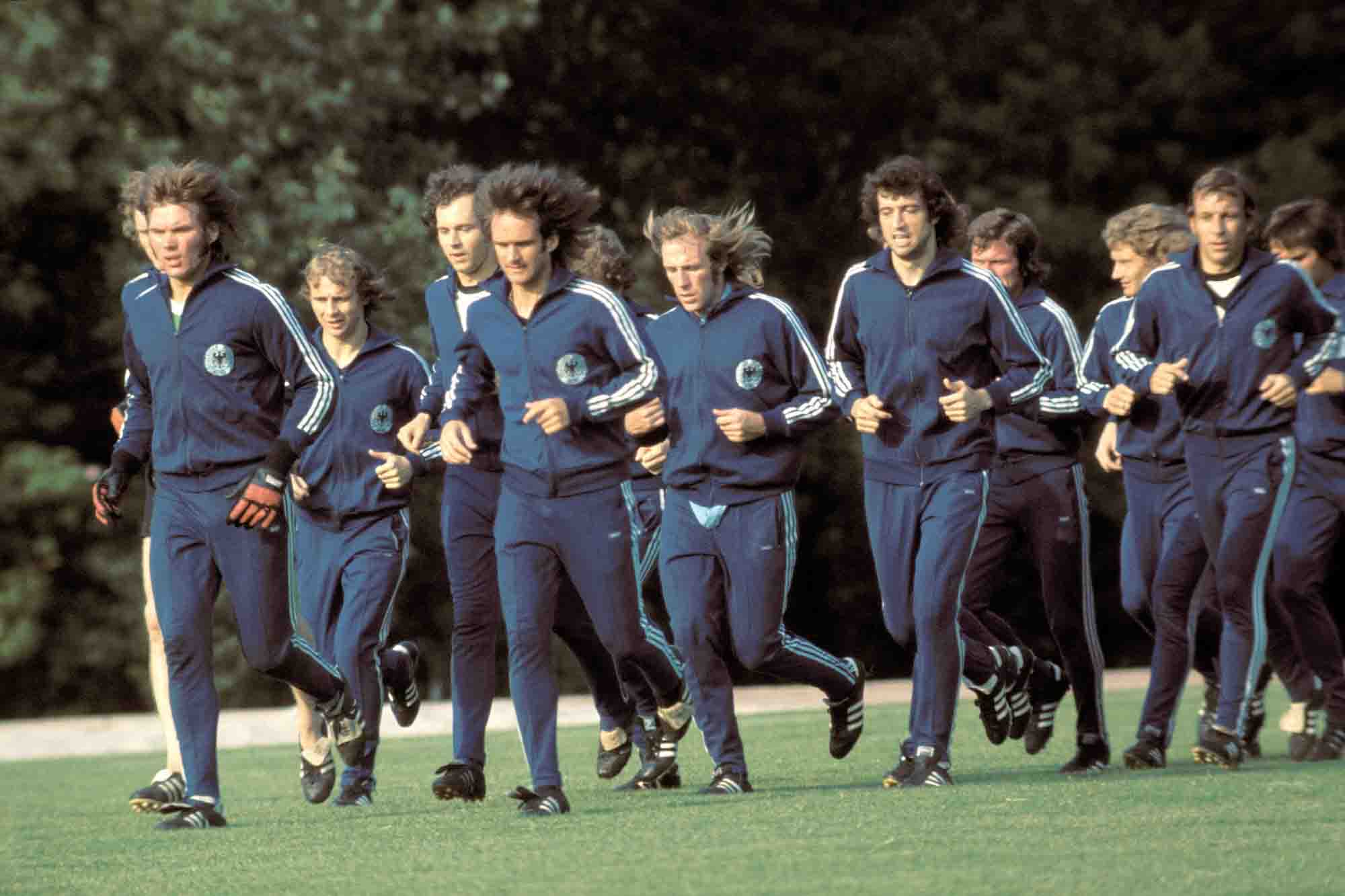
The “Night of Malente” became the turning point of the 1974 World Cup: Out of frustration and disagreement, Franz formed a cohesive team with his leadership and thus laid the foundation for World Cup victory.

Weeks of isolation, monotonous processes, strict security measures following the 1972 Olympic attack: the players felt locked in. Soldiers with machine guns, GSG-9 officials with shepherd dogs and threats from terrorist organizations reinforced the feeling of living in a fortress. “After three weeks, the blanket literally fell on our heads,” Franz recalled later.
This tension was reflected on the pitch. A tired 1-0 against Chile, an uninspired 3-0 against Australia. When the player Jürgen Sparwasser scored 0-1 in the 77th minute in the politically explosive game against the DDR, the debacle was perfect. The Federal Republic of Germany was qualified for the intermediate round, but faith in the team seemed to be gone. The headlines said: “Not like that, Mr. Schön! ”
It was precisely in this situation that the legendary “Malente Night” took place. The team gathered in the district kitchen the evening after the defeat, without national coach Helmut Schön. There, between empty coffee cups and beer bottles, all the frustration unleashed. It was a wild, honest pronunciation that was later described by players as a cleansing turning point. Beckenbauer took over the lead. “I brushed down everyone who came in front of my eyes,” he recalled. With clear words and harsh criticism, he shook up his teammates and effectively took on the role of assistant coach.
A lot has changed since then. Franz spoke directly with Schön, campaigned for tactical adjustments and played a decisive role in determining who played. Uli Hoeness had to take a break, Wolfgang Overath was preferred over Netzer. Decisions that determined the course of the tournament. An unsettled team became a conspiratorial bunch that prevailed against Yugoslavia, Sweden and Poland in the intermediate round and made it to the final.
On July 7, 1974, Germany was crowned world champion at the Munich Olympic Stadium by 2-1 over the Netherlands. Looking back, it was the “Night of Malente” that laid the foundation stone. There it became apparent that Franz was not only the captain and libero, but also the born leader: Strict, clear, but with the authority and the instinct to bring a team together at the decisive moment.
The “Night of Malente” remains a myth to this day: An evening in which Franz formed the basis for the World Cup victory out of chaos and crisis.

